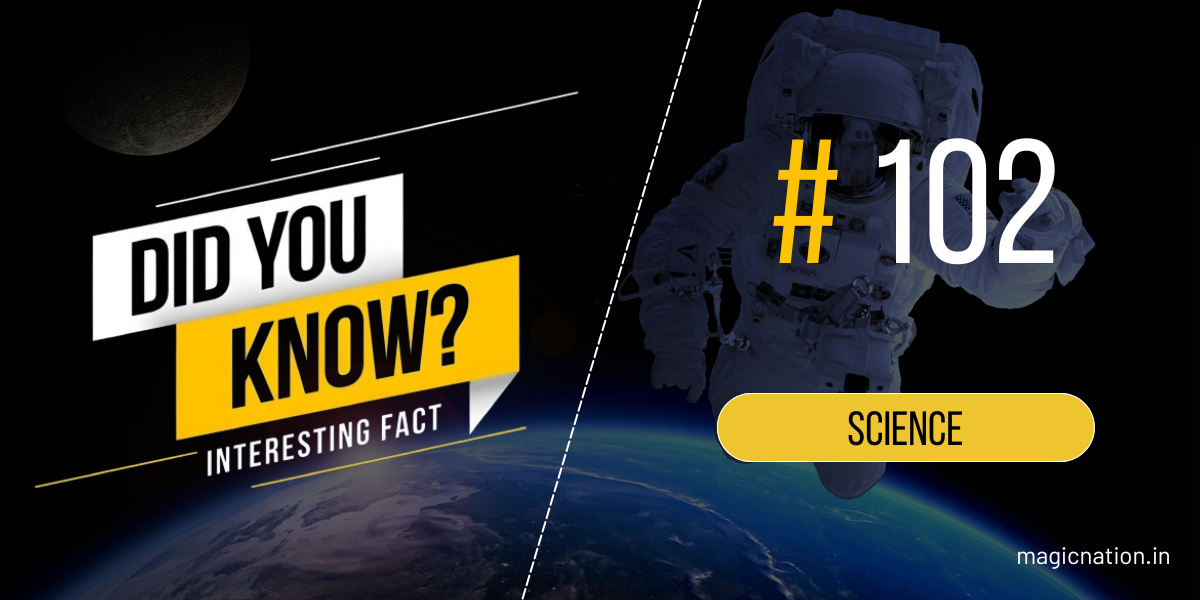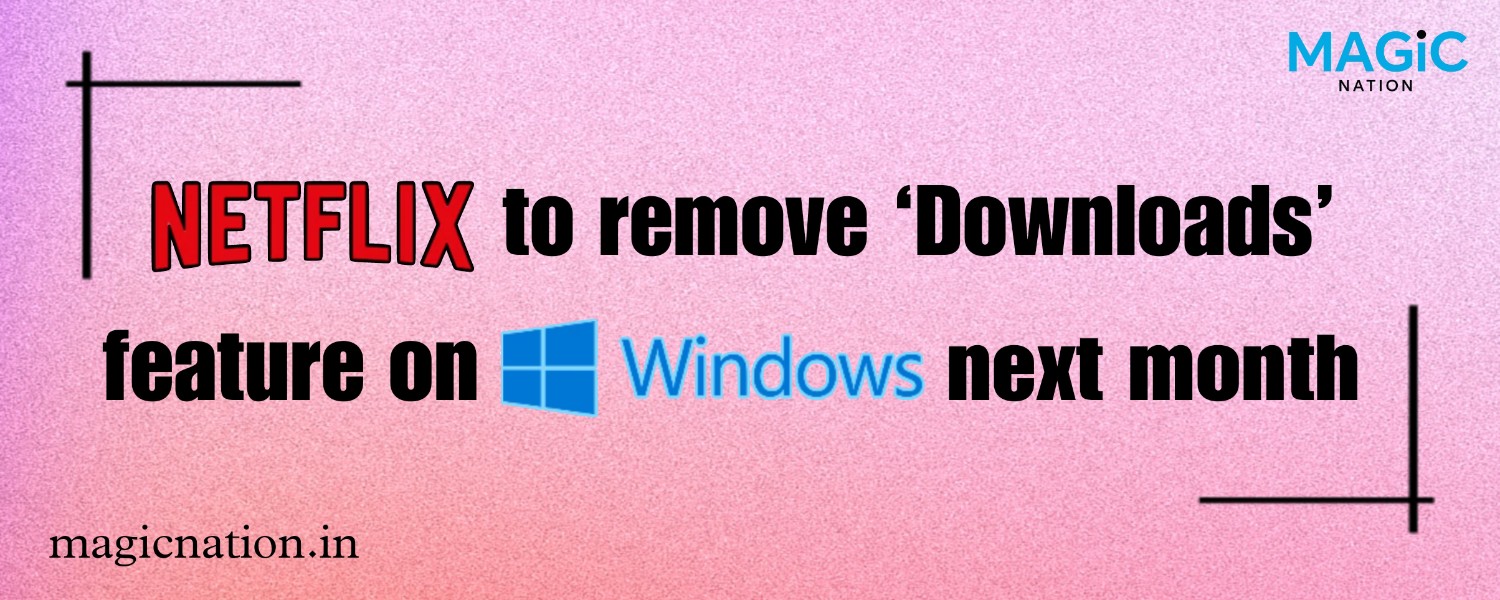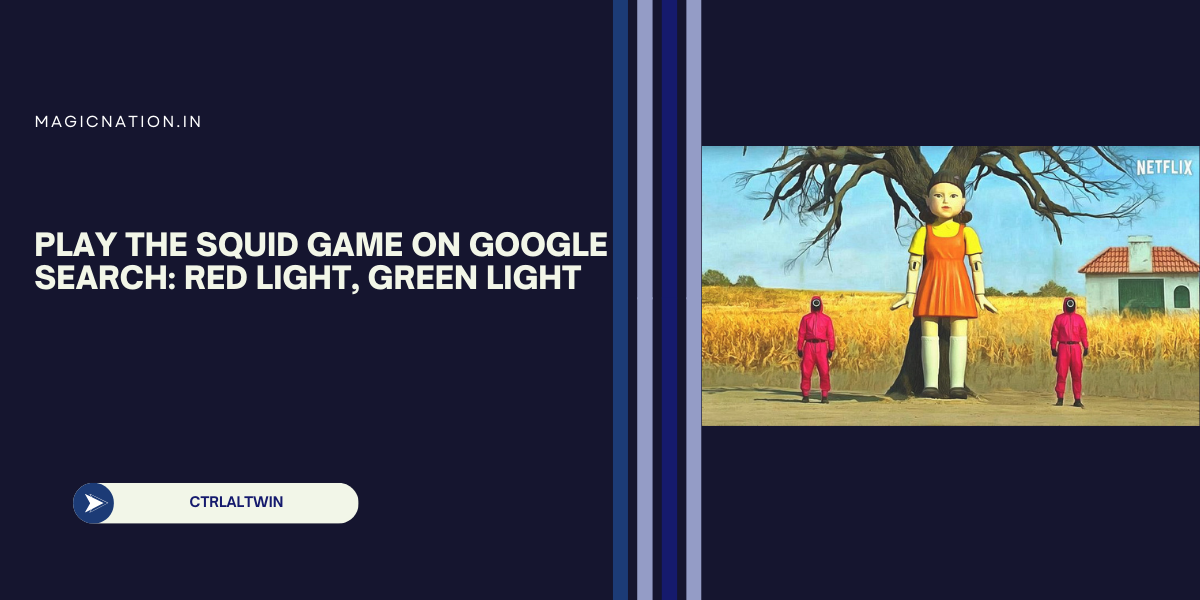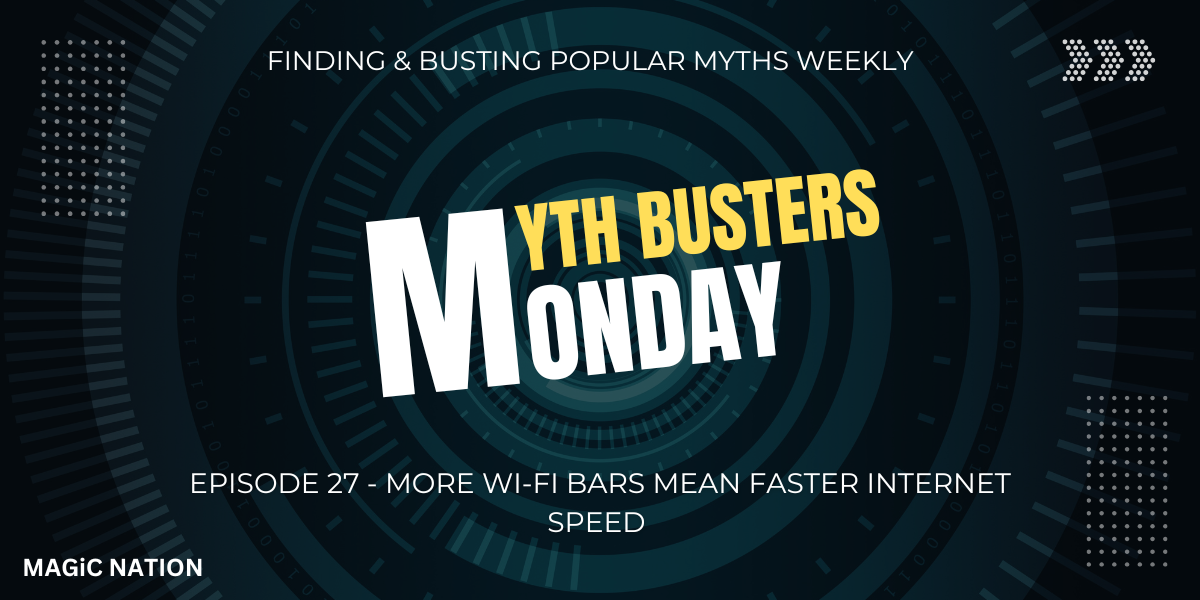
For decades, Google has been the undisputed king of online searches. So much so, the phrase “to Google” has become synonymous with finding information online. But now, a challenger has entered the arena, aiming to redefine how we access and consume information. Enter ChatGPT Search, OpenAI's conversational AI-powered search tool.
Could this be the start of a new search revolution, or is Google’s dominance too entrenched to be toppled?
What Is ChatGPT Search?
Launched just last week, ChatGPT Search integrates OpenAI's renowned conversational AI capabilities with live search results powered by Microsoft Bing. This new feature aims to deliver not just information but also meaningful context in a polished, ad-free environment.
By combining the structured response style of ChatGPT with up-to-date search capabilities, ChatGPT Search offers a fresh take on how we engage with search engines. It’s accessible via a ChatGPT Plus membership, available on the web through a Chrome extension or directly in the ChatGPT mobile app.
How Does ChatGPT Search Compare to Google?
When it comes to search, the devil is in the details. Let’s explore how ChatGPT Search stacks up against Google in key scenarios.
If you’re looking for the latest updates on stock prices or weather, Google has a clear advantage. With its live updates and real-time data, Google ensures you’re always up to speed. ChatGPT Search, on the other hand, offers summarized but slightly delayed information, which may not be ideal for time-sensitive queries.1. Real-Time Updates
When searching for something like the tip scorers in the UEFA Champions League, ChatGPT Search shines. It not only provides the current season’s stats but also adds historical context, such as highlighting all-time greats like Cristiano Ronaldo and Lionel Messi. Google tends to link you to external pages, requiring additional clicks to gather this level of detail.2. Contextual Understanding
Looking for the best smartphones under ₹30,000? Google provides a mix of shopping links, reviews, and product specifications, making it easy to compare prices and make a purchase. ChatGPT Search, while providing concise and informative recommendations, lacks direct purchase links or reviews.3. Product Recommendations
From simple queries like currency conversions to weather forecasts, Google offers unmatched precision and real-time updates. ChatGPT’s responses are well-articulated but not as precise when it comes to rapidly changing data like exchange rates or localized weather.4. Everyday Utility
When planning a trip or exploring a new city, ChatGPT Search excels. For example, when searching for attractions in Istanbul, it offers a clean, curated list of must-see places with brief, engaging descriptions. Google, while comprehensive, often clutters results with ads and sponsored links.5. Travel and Exploration
Strengths of ChatGPT Search
Unlike Google, ChatGPT Search provides a distraction-free experience, with no intrusive ads or sponsored links cluttering the results.1. Clean, Ad-Free Interface
Its ability to generate well-rounded, articulate answers makes it ideal for complex or narrative-based queries.2. Context-Rich Responses
From itinerary planning to answering educational questions, ChatGPT Search offers a glimpse into the future of AI-powered assistance.3. Emerging Potential
Where ChatGPT Falls Short
- Real-Time Data: Whether it’s stock prices, live scores, or weather updates, ChatGPT Search lacks the immediacy and precision that Google provides.
- Limited Integrations: Google’s ecosystem is unparalleled, with direct access to shopping, maps, news, and more. ChatGPT Search, for now, is focused on delivering pure information.
- Subscription-Based Model: Unlike Google, which is free to use, ChatGPT Search requires a paid membership.
The decision ultimately depends on your needs. If you value clean, articulate answers and dislike the clutter of ads, ChatGPT Search is a refreshing alternative. It’s particularly useful for research, planning, and learning. However, for real-time updates, e-commerce, and a broader range of integrations, Google remains unmatched.
ChatGPT Search may not dethrone Google just yet, but it signals a transformative shift in how we approach search. As AI continues to evolve, it’s clear that the future of search engines will be more conversational, intuitive, and tailored to individual needs.
The era of “Googling” isn’t over, but “ChatGPT-ing” is definitely on the rise.
Could the rise of AI-powered search tools like ChatGPT lead to the eventual decline of traditional search engines, or will Google adapt and maintain its dominance?










